Social media has played a pivotal role in reshaping the narratives of the Palestinian-Israeli conflict since the outbreak of Oct. 7. The dissemination of news and information now extends far beyond traditional media outlets. Instead, social media platforms have emerged as potent influencers, surpassing the resonance of weapons and delineating a global divide between Israel and Palestine. These platforms have become arenas of contention, with users segregating into supporters and opponents, rendering them susceptible to content-related pressures amid the war. The war on Gaza has once again thrust TikTok into a heated discourse regarding the application's dangers and impact as a global forum for ordinary individuals to voice their opinions while also serving as a battleground for political factions to vie for narrative control. This debate assumes added significance as the audience of traditional news outlets continues to dwindle.
Recently, numerous TikTok videos concerning the war on Gaza garnered widespread attention, accompanied by pro-Palestinian hashtags, prompting Israeli President Isaac Herzog to engage in discussions with TikTok executives in February 2024. Expressing apprehension over the surge in antisemitic content on the platform since the onset of the Israeli war on Gaza, they assured President Herzog of their commitment to address the issue in the future. In a related context, social media companies based in the United States have already demonstrated a readiness to censor pro-Palestinian content. Human Rights Watch, in its December 2023 report, documented over 1,050 instances of content removal and suppression on Instagram and Facebook by Palestinians and their supporters between October and November 2023.
In this context, U.S. legislators, conservative activists, and technology investors have voiced calls to ban TikTok in the U.S., citing escalating concerns. These calls gained significant traction on March 13, 2024, when the U.S. House of Representatives overwhelmingly voted in favour of a bill. The bill places ByteDance, the parent company of TikTok, with two options, both fraught with implications: either sell the application to a U.S.-based company or confront a ban on distribution through significant platforms and application stores. President Joseph Biden voiced his backing for the bill and signalled his readiness to sign it into law pending Senate approval. However, the U.S. initiative this time brings forth broader concerns beyond national security, encompassing the application's ramifications on Israel's reputation. The country's standing has been damaged due to the swift dissemination of content depicting Israel's crimes against civilians in the Gaza Strip.
This analysis aims to elucidate the reasons behind the shift in the U.S. perspective on TikTok, moving from security concerns to the perception of promoting antisemitism. What repercussions would the embargo have on both the United States and Israel?
U.S. Attempts to Ban TikTok
TikTok has long faced extensive criticism over its ownership, sparking concerns about the Chinese government’s control over the application. Both Democrats and Republicans concur that the app poses a threat to national security and the personal data of U.S. users. In recent years, there have been numerous attempts to ban the app, with several states in recent months either proposing or enacting bans on government devices due to worries about national security and data privacy. U.S. legislators are increasingly alarmed that the application could significantly impact the upcoming presidential elections later this year.
The initial endeavours to ban TikTok trace back to the tenure of former President Donald Trump, who proposed an executive order aimed at prohibiting the application in the United States, seeking to compel application stores to cease offering TikTok and pressuring the parent company to divest from it. These efforts encountered obstacles amid legal challenges and resistance from influential Republican donor Jeff Yass, whose investment firm holds an estimated 15% stake in ByteDance. Subsequently, TikTok’s management negotiated with the U.S. government to address concerns regarding the security of U.S. personal data. As a result, TikTok transitioned to storing U.S. users’ data on servers within the United States under the control of Oracle.
Decisions persisted, with Congress issuing a directive in December 2022 to ban the application on federal government devices under the National Defence Authorisation Act (NDAA). Subsequently, several Republican-led states, including Texas, Georgia, and Alabama, implemented bans on government devices. Additionally, certain universities, such as the University of Oklahoma and Auburn University, restricted the application’s access to campus Wi-Fi networks. In March 2023, the Committee on Foreign Investment in the United States (CFIUS), led by the U.S. Treasury, called upon the parent company to sell its shares in the application or face potential banning. However, no action was taken in this regard.
In February 2023, the White House imposed a 30-day deadline on federal agencies to remove the app from government devices. Numerous cities implemented bans preventing government employees from downloading it, while Congress introduced several proposals last year aimed at overseeing TikTok and its management of U.S. users’ data. Despite assertions from the application’s administration that U.S. user data is stored not in China but in Singapore and the United States, routed through cloud infrastructure overseen by Oracle, many U.S. legislators deemed these measures insufficient. The subsequent month, House of Representatives legislators subjected TikTok CEO Shu Chew to nearly five hours of questioning regarding the app’s ties with its parent company and China’s potential influence on the platform. More recently, the Energy and Commerce Committee in the House of Representatives proposed a bill urging TikTok to sever connections with its parent company within six months, threatening a ban in the United States should it fail to comply.
What is Behind U.S. Efforts to Ban TikTok?
The administrations of Presidents Obama, Trump, and Biden have all actively targeted China’s economic, political, technological, and diplomatic influence, viewing it as incompatible with U.S. interests in global hegemony and control. Various U.S. administrations have attempted to ban TikTok, and several factors motivate their efforts.
Concerns About Sharing Users’ Personal Data
TikTok’s extensive usage within the U.S. presents a challenge due to its size and reach, providing China with the capacity to disseminate disinformation and gather data. A significant portion of the adult population, approximately one-third, relies on TikTok for receiving news, amplifying the platform’s potential influence. Moreover, with one-sixth of U.S. children being frequent users, TikTok has become a significant avenue for information gathering and monitoring. U.S. military experts assert that Chinese cyber intrusions rank among the most widespread globally. China’s leadership perceives attaining information dominance as a means to secure and maintain a strategic advantage, a prospect that raises concerns within the United States.
The rapid ascent of the platform has sparked concerns among certain legislators who contend that TikTok’s parent company possesses the capability to gather sensitive user data and monitor content conflicting with the Chinese government’s interests. U.S. officials have characterised TikTok as more addictive and influential than its domestic counterparts, raising apprehensions that Chinese intelligence laws could empower Beijing to access user information collected by TikTok, potentially by coercing the parent company to disclose data. Policymakers caution that the Chinese government could exploit personal data to identify intelligence targets or facilitate large-scale disinformation campaigns like those witnessed during the 2016 U.S. Presedential Election. Additionally, governments may procure personal data from data brokers or utilise commercial spyware to compromise individual phones easily.
Concerns About the Impact on Youth
Since its launch in the U.S. in 2018, TikTok has emerged as the primary news source for millions of youth, serving as the predominant information outlet for Generation Z. According to a 2023 poll by the Pew Research Centre, approximately one-third of the U.S. youth aged between 18 and 29 regularly access news through TikTok, marking a higher percentage than in previous years. In comparison, this figure stands at 15% for individuals aged 30 to 49, 7% for those aged 50 to 64, and only 3% for those aged 65 and above.
China’s Growing Media Influence
In 2016, Chinese President Xi Jinping directed the Chinese Communist Party’s Congress on Media to “establish influential overseas propaganda media outlets.” Five years later, Chinese state media interpreted similar remarks by Xi as endorsing TikTok as a means to fulfil the Xi’s objective of “effectively communicating China’s story.”
“Wherever the readers are, wherever the viewers are, that is where propaganda reports must extend their tentacles.”
Xi Jinping, February 2016
Amid China’s extensive influence efforts, Beijing employs various tactics and channels to shape the U.S. information landscape. Social media platforms owned by China-based companies, notably WeChat under Tencent and TikTok under ByteDance, feature censorship and surveillance practices within China. TikTok, in particular, has witnessed significant popularity growth in the United States, consistently ranking among the top 10 most downloaded applications in 2019, 2021, and was the most downloaded app in the United States in 2021.
As its usage proliferated, major media outlets, including CNN, MSNBC, and The Washington Post, alongside political figures such as former President Obama, opened accounts on the platform to engage with young audiences. Moreover, TikTok surpassed other applications owned by U.S. companies in news consumption, with the percentage of users accessing news on TikTok rising to 44% in 2023 from 22% in 2022. Meanwhile, the usage of the X (formerly Twitter) declined to 53% in 2023 from 59% in 2022.
The War on Israel’s Public Image
With the outbreak of the Israel-Hamas war, Israel’s public image experienced a significant decline, primarily attributed to the role of social media. While Israel has long sought to bolster its legitimacy and discredit Hamas through traditional media, the dynamics shifted after Oct. 7, with a surge in pro-Palestine content on TikTok. For every pro-Israel post, there were 54 pro-Palestine posts. Despite the Israeli Ministry of Foreign Affairs investing $1.5 million in a media campaign on YouTube and X during the first two months of the war to justify its invasion of Gaza, the impact was overshadowed by the overwhelming presence of pro-Palestine content on social media platforms.
The escalating opposition on TikTok has effectively shifted U.S. public opinion against Israel, prompting concern within the pro-Israel lobby in the United States. The apprehension revolves around the application’s potential to undermine the influence of traditional media, which has long shaped narratives portraying Israel in a positive light despite its history of committing numerous crimes and abuses against the Palestinian people. Pro-Israel supporters are sounding alarms about TikTok’s ability to challenge the established narrative that depicts Israel as a victim, highlighting the platform’s increasing significance in shaping public perceptions.
The platform has become a target of various pro-Israel lobby groups, including the Anti-Defamation League (ADL). Concern has arisen among U.S. legislators and major Jewish organisations in the United States that such content could undermine Israeli plans to shape the opinions and perspectives of American youth. Consequently, the Jewish Federations and the ADL have accused TikTok of enabling the dissemination of antisemitic and anti-Israeli sentiments.
TikTok is the World’s Window on the Isarel-Hamas War
TikTok made its debut in Israel in 2019, and preceding rounds of the Israeli-Palestinian conflict featured prominently in the image war on social media. While Facebook, X, and YouTube remain dominant in social media discourse, TikTok has garnered notable attention from journalists and politicians alike. Particularly noteworthy are videos created by young Palestinians depicting violence committed by Israeli Jews in the weeks leading up to the war, a phenomenon dubbed by journalists as the “TikTok intifada.”
Globally, pro-Palestine content has overwhelmingly dominated, exemplified by the hashtags #freepalestine and #standwithpalestine, which amassed 1 billion views. The usage of the hashtag #Stand_with_Palestine on TikTok has nearly quadrupled in comparison to posts utilising #Stand_with_Israel, underscoring the widespread support for Palestine on the platform.
By mid-November 2023, U.S. citizens’ total number of views of pro-Palestinian videos on TikTok surpassed the combined visitation to the 10 most visited U.S. news websites. An experiment conducted by Generation Lab following the commencement of the war revealed that U.S. TikTok users under the age of 30 who spent 30 minutes daily on the platform were 17% more inclined to encounter pro-Palestine content than those who did not use the platform.
TikTok videos about Gaza didn’t cause young Americans’ disillusionment with Israel; instead, they exacerbated it. Before Oct. 7, a Pew Research Centre poll in 2014, conducted four years before the launch of TikTok in the U.S., revealed that young Americans were more likely to blame Israel than Hamas for the ongoing war that has devastated the Gaza Strip, where 2 million Palestinians have lived under Hamas control since 2007. This sentiment persisted in a 2022 Pew poll, indicating a similar divide, with Americans under 30 holding a more favourable view of the Palestinian people and a less favourable view of the Israeli government.
Americans have begun to increasingly align with the Palestinian cause. For the first time, Democrats express greater sympathy toward Palestinians (49%) than Israelis (38%), as indicated by a 2023 Gallup Poll. Additionally, 42% of respondents express support for Palestinians compared to 40% for Israelis.
The War exacerbated this difference, with the backing for Palestine among young people surging from 26% to 52% between mid-October and mid-November, according to a Quinnipiac University poll. Despite this shift, a majority of Americans still back Israel, with a recent NPR poll revealing that 65% of adults believe the U.S. should publicly support Israel.
The Israel-Hamas war motivated many Americans to delve deeper into the history of the U.S. in the Middle East. In November 2023, a few individuals took to TikTok to share their reactions to former al-Qaida leader Osama bin Laden’s 2002 message titled “A Message to the U.S.” While they did not commend bin Laden’s actions, they expressed that it led them to reassess U.S. policy in the Middle East more critically.
Repercussions on the U.S. and Israel
Israel Emerges as the Victor
The Jewish Federations of North America, alongside the ADL spearheaded a campaign advocating for a TikTok ban in the U.S. Under the guise of combating antisemitism, the Jewish Federations and the ADL vehemently supported the passage of the TikTok ban bill. On December 5, 2023, the House of Representatives issued a resolution declaring that “anti-Zionism is antisemitism.”
For Israel, safeguarding Americans from TikTok’s political influence signifies a bolstering of its status as the primary ally of the U.S.. The dynamics of the Israel-Hamas war have notably shifted perceptions among the youth, especially on social media platforms, where pro-Palestine voices proliferate.
President Biden is the Loser
Generation Z voters represent an increasingly influential political demographic, particularly for Democrats and progressives. This was evident in the 2022 midterm elections, where robust turnout among youth voters helped avert an anticipated “red wave,” preserving Democratic control of the Senate and resulting in a closely divided Republican-controlled House in Congress. The 2022 midterm elections also witnessed the second-highest turnout among youth voters in three decades, trailing only behind the 2018 elections. An estimated 27% of voters aged 18 to 29 participated in the midterm elections. For progressives residing in conservative or politically isolated regions, TikTok serves as a lifeline and a reminder of the importance of voting.
Many Democrats are apprehensive that banning TikTok ahead of the election could spell political disaster, particularly in appealing to young voters. Such a ban could potentially alienate every voter under 35 indefinitely. Young voters played a pivotal role in propelling Biden to the White House in 2020. Nevertheless, some polls indicate that Biden trails former President Donald Trump among Generation Z and young millennials.
In conclusion, TikTok’s primary crime seems to be its capacity to amplify pro-Palestinian voices that have historically been censored and silenced in the United States. The accessibility of social media platforms to the youth elucidates their increasingly critical perspective on Israel and U.S. support for the Jewish state.
The bill still faces an uphill battle to become law. While Biden has affirmed his intention to sign it, it must still undergo a vote in the Senate. Even if the bill secures passage, it is likely to encounter similar challenges on the grounds of freedom of expression that have obstructed comparable legislation. Given the decentralised nature of the internet, enforcing a ban would be complex. The bill passed by the House of Representatives would impose daily penalties on app stores for offering TikTok for download. However, halting individual usage would be difficult for users who already have the app installed on their devices. Internet service providers may also need to block IP addresses associated with TikTok. Nevertheless, such measures can be circumvented on computer browsers through a VPN or virtual private network, which redirects computer connections to other sites, effectively circumventing restrictions on TikTok access.
Additionally, the complete ramifications of banning TikTok would eradicate a vital platform for Americans to voice their opinions and be heard, constituting a violation of the freedom of expression rights of countless individuals who rely on the application for communication, self-expression, and livelihood. This could potentially result in Biden losing significant support, particularly among youth, in the forthcoming elections. Furthermore, such an action would contribute to the further fragmentation of the global internet. Therefore, the U.S. government may need to adopt approaches that regulate the internet in a manner that facilitates more effective enforcement of content restrictions.
References
Jerusalem Post Staff. 2024. “President Herzog Meets with TikTok Senior Global Management.” The Jerusalem Post, February 7, 2024. https://www.jpost.com/israel-news/article-785561
Human Rights Watch. 2023. “Meta: Systemic Censorship of Palestine Content,” December 21, 2023. https://www.hrw.org/news/2023/12/20/meta-systemic-censorship-palestine-content
Explainers, Fp. 2023. “Is TikTok Pushing anti-Israel Content? Why Are Calls to Ban the App Growing in US?” Firstpost, November 2, 2023. https://www.firstpost.com/explainers/is-tiktok-pushing-anti-israel-content-ban-us-hamas-propoganda-13334882.html
David Ingram, and Kat Tenbarge. 2023. “Critics Renew Calls for a TikTok Ban, Claiming anti-Israel Bias on the Platform.” NBC News, November 1, 2023. https://www.nbcnews.com/tech/social-media/tiktok-ban-israel-gaza-palestine-hamas-account-creator-video-rcna122849
Oshin, Olafimihan. 2023. “The Hill.” The Hill, November 8, 2023. https://thehill.com/homenews/senate/4298458-hawley-calls-tiktok-ban-israel-hamas/
Fung, Brian. 2024. “House Panel Unanimously Approves Bill That Could Ban TikTok.” CNN, March 8, 2024. https://edition.cnn.com/2024/03/07/tech/congress-bill-bans-tiktok-america/index.html
Morrison, Sara. 2023. “The US Government’s TikTok Bans, Explained.” Vox, February 2, 2023. https://www.vox.com/recode/2023/1/17/23552716/tiktok-ban-cfius-bytedance
Maheshwari, Sapna, and Amanda Holpuch. 2024. “Why The U.S. Is Weighing Whether to Ban TikTok.” The New York Times, March 12, 2024. https://www.nytimes.com/article/tiktok-ban.html
U.S. Department of Defense. 2024. “Leaders Say TikTok Is Potential Cybersecurity Risk to U.S.” March 1, 2024. https://www.defense.gov/News/News-Stories/Article/Article/3354874/leaders-say-tiktok-is-potential-cybersecurity-risk-to-us/.
Goldbloom, Anthony. 2024. “Why TikTok Needs to Be Sold or Banned Before the 2024 Election.” TIME, March 7, 2024. https://time.com/6836078/tiktok-sold-banned-2024-election/
Nita Farahany. 2024. “Congress Is Right to Want to Curtail TikTok’s Power and Influence.” The Guardian, March 15, 2024. https://www.theguardian.com/commentisfree/2024/mar/15/congress-tiktok-ban-addiction-security-risk
Sarah Cook. 2020. “Beijing’s Global Megaphone.” Freedom House. https://freedomhouse.org/report/special-report/2020/beijings-global-megaphone
Basaran, E. (2024, March 15). Why a potential US ban on TikTok will favor Israel. Anadolu Agency. https://www.aa.com.tr/en/middle-east/why-a-potential-us-ban-on-tiktok-will-favor-israel/3165329
Samuels, Ben. 2024. “‘This Is AIPAC at Work’: Landmark TikTok Vote in U.S. House Provokes Conspiracy Theory.” Haaretz.Com, March 14, 2024. https://www.haaretz.com/us-news/2024-03-14/ty-article/.premium/this-is-aipac-at-work-landmark-tiktok-vote-in-u-s-house-provokes-conspiracy-theory/0000018e-3dd0-d9ae-ad9f-3dd44d100000?lts=1711531885761
Asaf Elia- Shalev. (2024, March 14). Major US Jewish group backs bipartisan bill that could see TikTok banned. The Times of Israel. https://www.timesofisrael.com/major-us-jewish-group-backs-bipartisan-bill-that-could-see-tiktok-banned/
Yarchi, Moran, and Lillian Boxman-Shabtai. “The Image War Moves to TikTok Evidence from the May 2021 Round of the Israeli-Palestinian Conflict.” Digital Journalism, (2023), 1–21. doi:10.1080/21670811.2023.2291650
Fischer, Sara. 2023. “On TikTok, Views of pro-Palestine Posts Far Surpass Views of pro-Israel Posts.” Axios, October 31, 2023. https://www.axios.com/2023/10/31/tiktok-views-pro-palestine-posts-israel
Cole S. Aronson. 2024. “Israel’s TikTok Problem – Jewish Review of Books.” Jewish Review of Books. March 13, 2024. https://jewishreviewofbooks.com/foreign-policy/15881/israels-tiktok-problem/
Blake, Aaron. 2014. “Young Americans Take a Dim View of Israel’s Actions.” Washington Post, July 29, 2014. https://www.washingtonpost.com/news/the-fix/wp/2014/07/29/young-americans-take-a-dim-view-of-israels-actions/
Becka a. Alper. 2022. “Modest Warming in U.S. Views on Israel and Palestinians.” Pew Research Center. May 26, 2022. https://www.pewresearch.org/religion/2022/05/26/modest-warming-in-u-s-views-on-israel-and-palestinians/
Saad, Lydia. 2024. “Democrats’ Sympathies in Middle East Shift to Palestinians.” Gallup.Com, February 7, 2024. https://news.gallup.com/poll/472070/democrats-sympathies-middle-east-shift-palestinians.aspx
Montanaro, Domenico. 2023. “Americans Strongly Support Israel, but There Are Generational and Racial Divides.” NPR, October 13, 2023. https://www.npr.org/2023/10/13/1205627092/american-support-israel-biden-middle-east-hamas-poll
Jennings, Rebecca. 2023. “TikTok Isn’t Intentionally Pushing pro-Palestine Content to Young Americans.” Vox, December 13, 2023. https://www.vox.com/culture/23997305/tiktok-palestine-israel-gaza-war
Demirjian, Karoun. 2023. “House Declares Anti-Zionism Is Antisemitism, Dividing Democrats.” The New York Times, December 5, 2023. https://www.nytimes.com/2023/12/05/world/middleeast/house-anti-zionism-antisemitism.html
Sofia Andrade. 2023. “The Growing Political Power of TikTok.” The Nation, January 25, 2023. https://www.thenation.com/article/politics/tiktok-election-gen-z-voters/




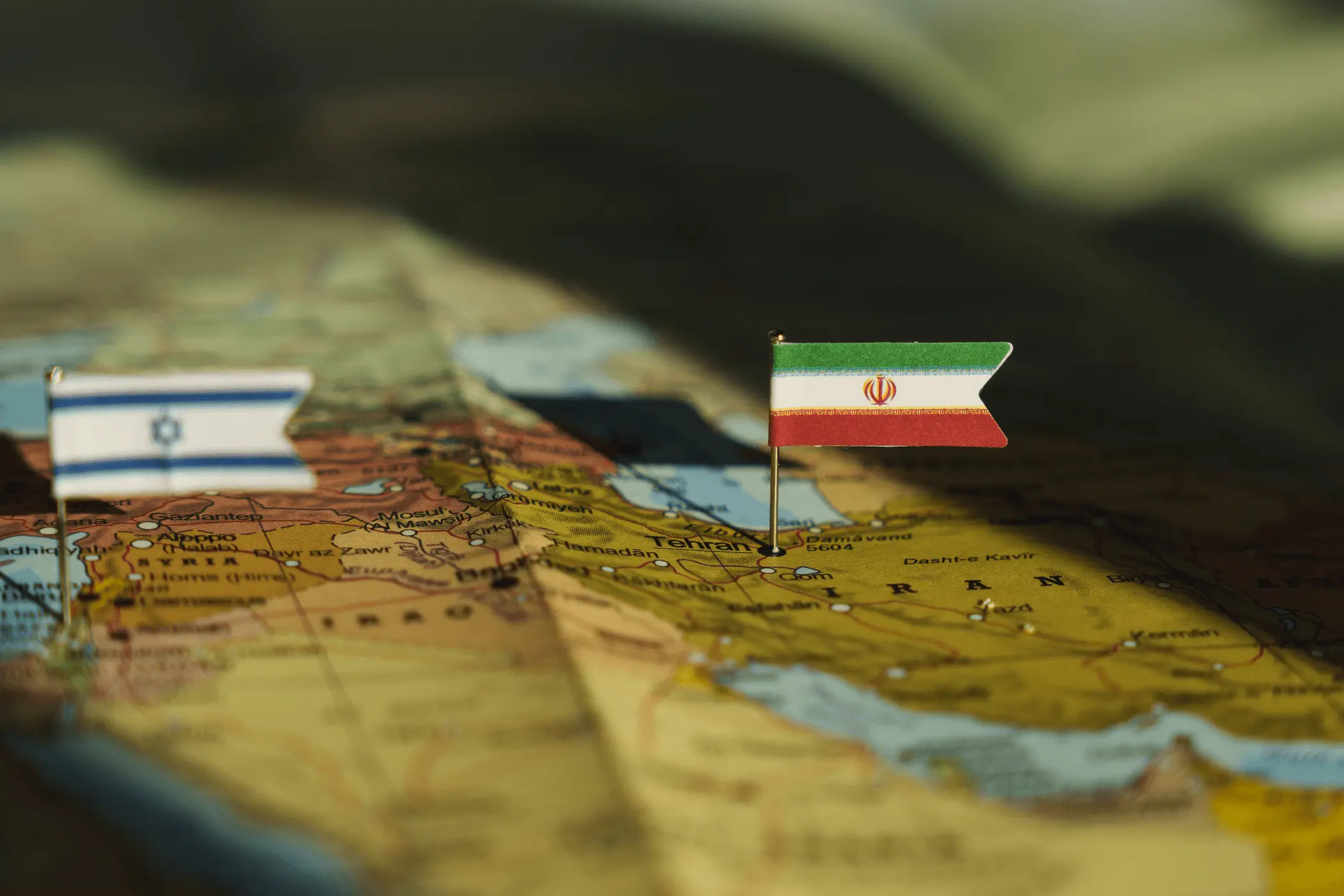
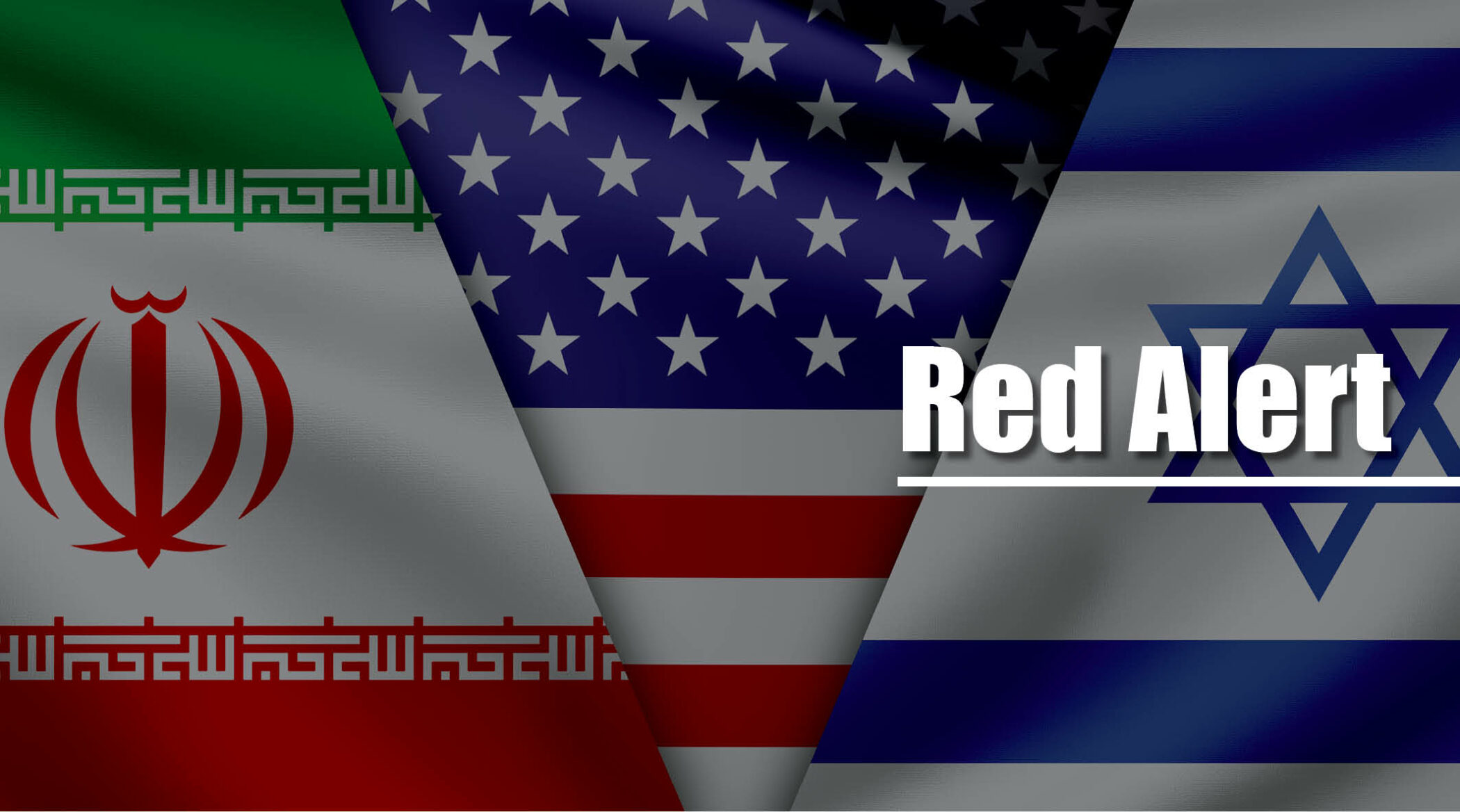



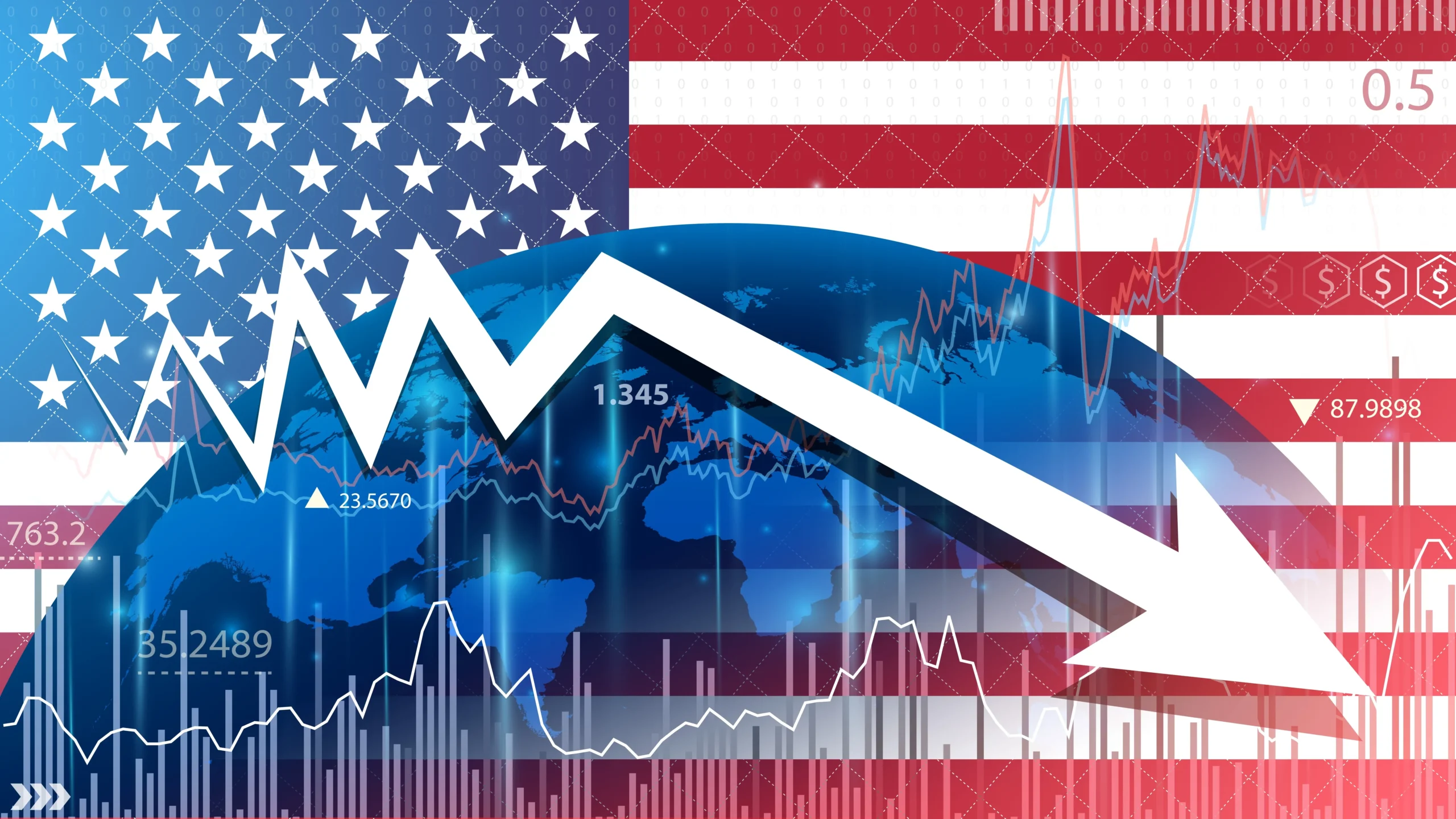
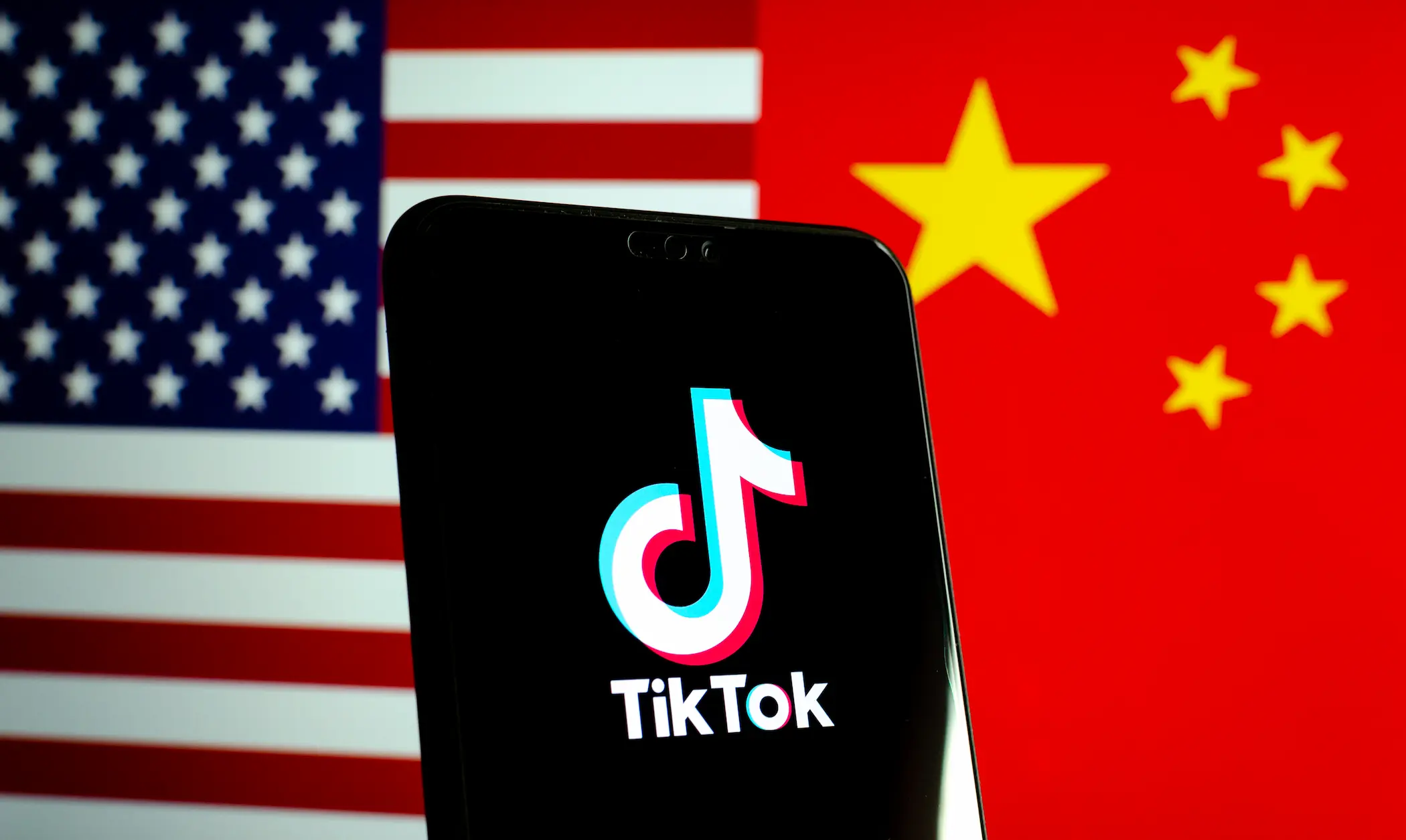



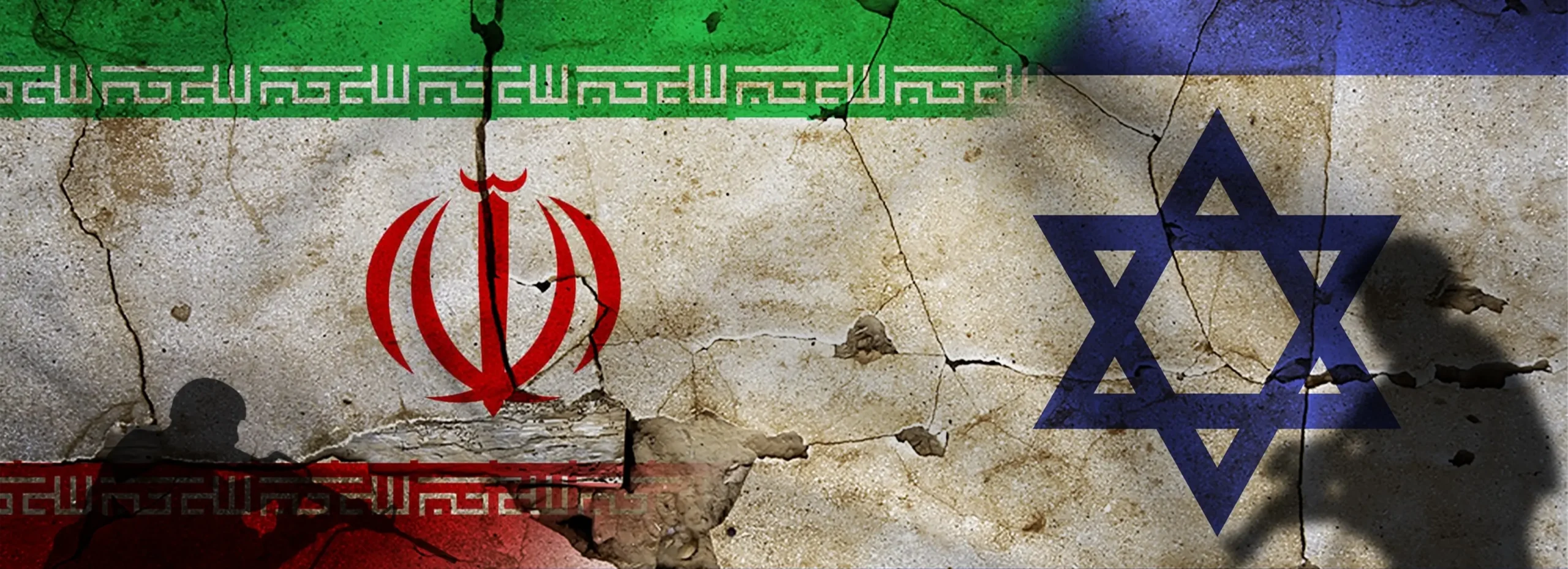



Comments